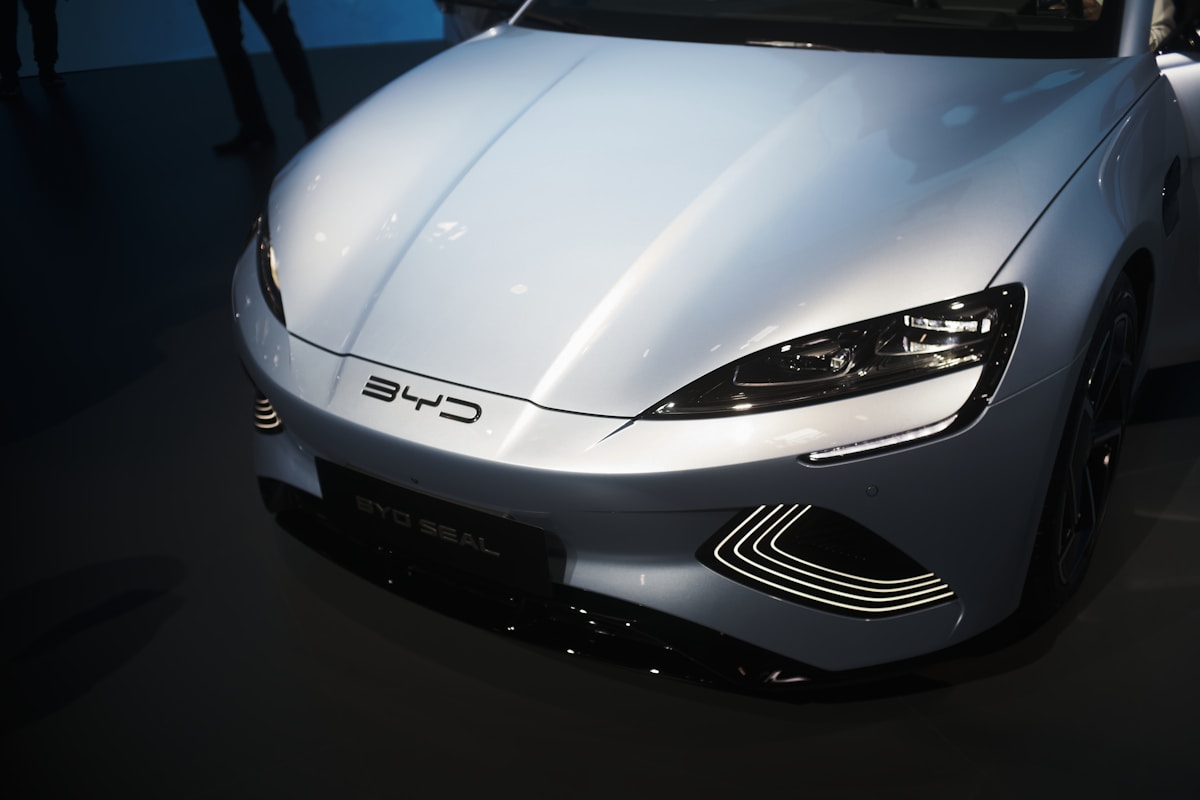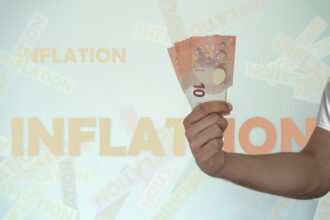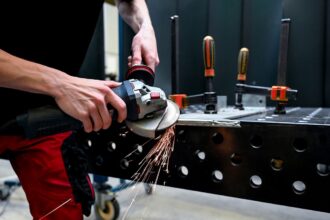The 2025 International Motor Show (IAA) in Munich has delivered a sobering message to Germany’s auto industry: Chinese manufacturers are no longer niche players, but central attractions.
Names like BYD, Xpeng, Aito, Forthing and Avatr—still unfamiliar to many European consumers—now stand shoulder to shoulder with BMW, Mercedes and Volkswagen.
Their massive stands, bold product launches and futuristic concepts embody what observers are calling the “China moment” of the German car industry.
The comparison with the solar sector is striking. In 2008, when the Intersolar fair moved from Freiburg to Munich, Chinese companies overwhelmed the exhibition.
Within years, they had decimated the German solar industry. At the IAA, the same dynamic seems to be unfolding—this time in Germany’s proudest industry.
Xpeng vs. Volkswagen: partners in China, rivals in Munich
Xpeng, a joint-venture partner of Volkswagen in China, staged a direct showdown at the Munich fair.
Its booth in Hall B1 was placed directly opposite VW’s two-story stand. Above it hovered a prototype air taxi, while on the floor a humanoid robot welcomed visitors.
The display matched Volkswagen’s in scale and ambition, symbolizing open competition on German soil.
Test drives were eagerly promoted, with hosts assigning time slots to attendees.
Observers noted the presence of young Chinese staff carefully monitoring vehicles and recording details—an echo of earlier trade shows where documentation often blurred the line between marketing and industrial intelligence.
Different cultures, different expectations
The contrasts between German and Chinese visitors were telling. German attendees knocked on doors to test sound and sturdiness, sat behind the wheel, and inspected steering wheels and finishes.
By contrast, Chinese influencers focused almost exclusively on the touchscreen interfaces: checking app integration, screen responsiveness, in-car entertainment, and AI-driven features like “pet mode” or built-in massage seats.
Such differences reveal not only varying consumer preferences but also the technological battlefront.
German manufacturers still excel in mechanics and engineering; Chinese rivals focus on digital experience and connectivity, where customer expectations are shifting fastest.
BYD leads the charge
BYD, once a battery company, has grown into the world’s largest EV manufacturer, surpassing Tesla. In Munich, it presented itself with multiple prime locations—one directly opposite VW on Ludwigstraße.
Two years ago, the move seemed provocative. Today, it reflects confidence: BYD dominates the Chinese EV market and increasingly threatens German premium brands on their home turf.
China now boasts around 200 EV brands, with state support ensuring aggressive pricing. German companies, once dominant in China, are seeing sales fall sharply.
Audi, Porsche and Mercedes have all reported declining numbers, while Chinese consumers—once loyal to German brands—switch to local EVs.
Even senior party officials in Beijing now arrive in luxury electric Hongqi sedans, instead of the Audi A6 stretch limousines of past decades.
Solar industry déjà vu
The solar industry offers a cautionary tale. In 2008, German firms assumed their high quality and domestic customer base would shield them.
Yet within years, Suntech, Yingli and Trina Solar captured the global market, destroying more than 80,000 German jobs.
The warning at the time—“once China targets an industry, they crush costs, slash prices, and take over the market”—now resonates uncomfortably with the auto sector.
What’s at stake for Germany
Germany is still Autoland, as Chancellor Friedrich Merz reminded visitors at the IAA. But the ground is shifting.
Chinese automakers are bringing not only cost advantages but also speed, digital ecosystems, and bold design.
The battle is no longer confined to the Chinese market. It has arrived in Europe’s heartland, and the Munich IAA 2025 demonstrates that the balance of power in the global car industry is tilting eastward.









